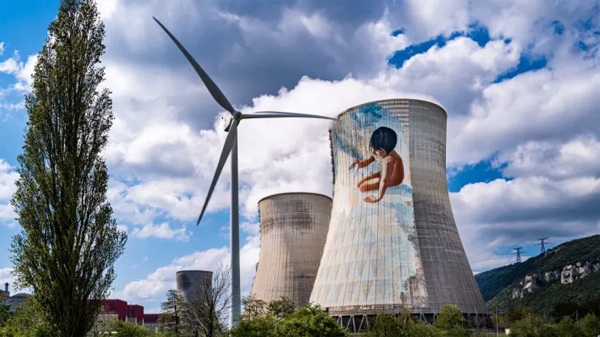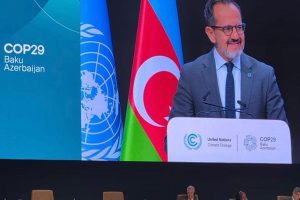- Eleven EU countries push to keep nuclear out of renewable energy goals

Kate Abnett, Reuters
BRUSSELS
EnergiesNet.com 03 28 2023
Two rival alliances of European Union countries held final-hour talks in Brussels on Tuesday, ahead of negotiations on whether to recognise nuclear power under the EU’s renewable energy goals.
The stand-off comes a day before EU countries and lawmakers are supposed to agree tougher EU targets to expand renewable energy by 2030 – a key part of the bloc’s plans to reduce CO2 emissions and wean itself off Russian gas.
The negotiations are bogged down in a debate over nuclear energy, with the issue threatening to thwart a deal on one of Europe’s main climate policies.
Sweden, which holds the EU’s rotating presidency and will represent EU countries in the negotiations, said it had drafted a compromise on the issue for countries’ ambassadors to consider at a meeting on Wednesday morning, before the renewable energy negotiations kick off.
But on Tuesday, countries were still split.
Eleven countries, led by Austria and including Germany and Spain, met on Tuesday to discuss their push to keep nuclear energy out of the renewables targets. They say mixing nuclear into the renewable energy law would distract from efforts to massively expand wind and solar.
“The group calls for ambitious targets in the (renewable energy law) in order to have a clear mandate for investors and customers,” Austrian Energy Minister Leonore Gewessler said.
On the other side of the debate, French energy minister Agnes Pannier-Runacher convened a meeting of 13 pro-nuclear countries including the Czech Republic, Finland, Italy and Poland.
In a joint statement, the countries said they had “agreed that a favourable industrial and financial framework is necessary for nuclear projects”.
Around nine of those countries are also pushing to count “low-carbon hydrogen” – hydrogen produced from nuclear electricity – towards the EU renewable energy goals.
They say countries should be encouraged to use nuclear-based hydrogen as well as renewable energy-based hydrogen, since both are CO2-free and can therefore help nations to quit fossil fuels faster.
“What is at stake is not to oppose nuclear and renewables, what is at stake is to take into account everything that allows us to become carbon neutral and to lower our CO2 emissions by 2030,” Pannier-Runacher said.
Reporting by Kate Abnett; Additional reporting by Benoit van Overstraeten; Editing by Christina Fincher, Giles Elgood, David Goodman and Andrea Ricci
reuters 03 28 2023












